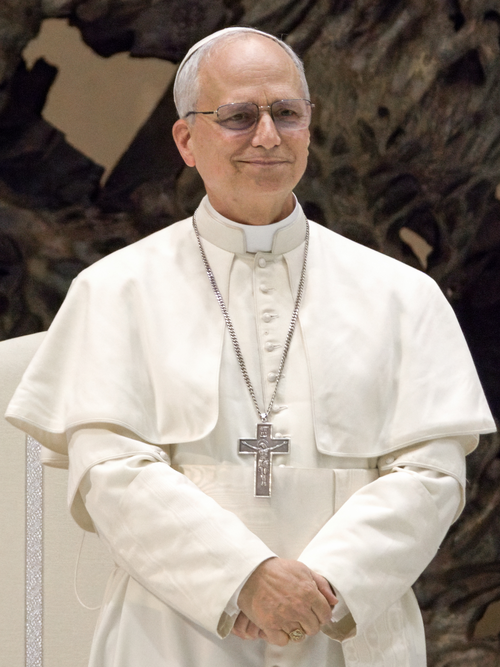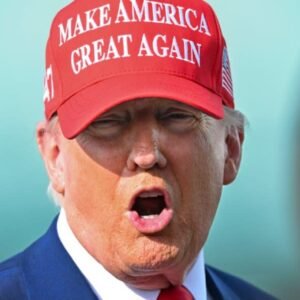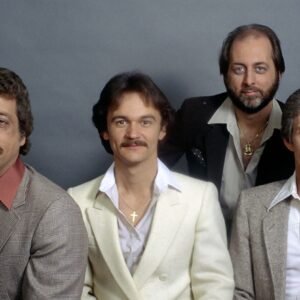Pope Leo has called for significant reform and delivered a dire warning about the future of AI.
There is proof that artificial intelligence is already having an effect on our professional life, and the technology is still changing the world as we know it.
Since then, experts have been raising concerns about what this would mean for future generations. Some economists have suggested that young people should seek jobs in conventional fields like decorators, electricians, and plumbers, which usually have a high demand and need human interaction.
Bill Gates and Stephen Hawking are two well-known geniuses who have discussed the technology’s pervasive menace.
Leo, the recently appointed Pope, has shown his worry about the contentious issue on multiple occasions.

Since taking office on May 8 of this year, the Chicago-born leader of the Roman Catholic Church has not hesitated to issue his stern warnings.
Within weeks, he argued the Church ought to be standing up for workers’ rights across the globe, stating, “In our own day, the Church offers everyone the treasury of its social teaching in response to another industrial revolution and to developments in the field of artificial intelligence that pose new challenges for the defense of human dignity, justice, and labor.”
He has now brought up the subject once more, this time expressing fear that AI may negatively impact young people’s intellectual, neurological, and spiritual development.
Pope Leo expressed his concern about the new technology and its potential effects on humanity while speaking at a significant conference on AI ethics that was partially hosted in the Vatican.
“All of us, I am sure, are concerned for children and young people, and the possible consequences of the use of AI on their intellectual and neurological development,” he said.
“Our youth must be helped, and not hindered, in their journey towards maturity and true responsibility,” while stressing that they ‘are our hope for the future.’
“Society’s well-being depends upon their being given the ability to develop their God-given gifts and capabilities. In the end, authentic wisdom has more to do with recognising the true meaning of life, than with the availability of data.”
The location shows a “clear indication of the Church’s desire to participate in these discussions that directly affect the present and future of our human family,” according to reports, and the pope was happy that the meeting was held at the Apostolic Palace.
He added that while AI is “undoubtedly an exceptional product of human genius,” it is, “above all else, a tool.”
In response to the threat, Cardinal Robert Francis Prevost even chose Pope Leo XIV as his papal name.
When Leo XIII, the former pope, took office at the beginning of the Industrial Revolution, he prioritised the rights of workers and their plight.
The remarks made by the incoming pope coincide with similar warnings being expressed by his predecessor, the late Pope Francis, during his 12-year term.
Francis had encouraged world leaders and politicians to make sure that crucial decisions are still made by people in the end and had called for an international convention to regulate AI.





